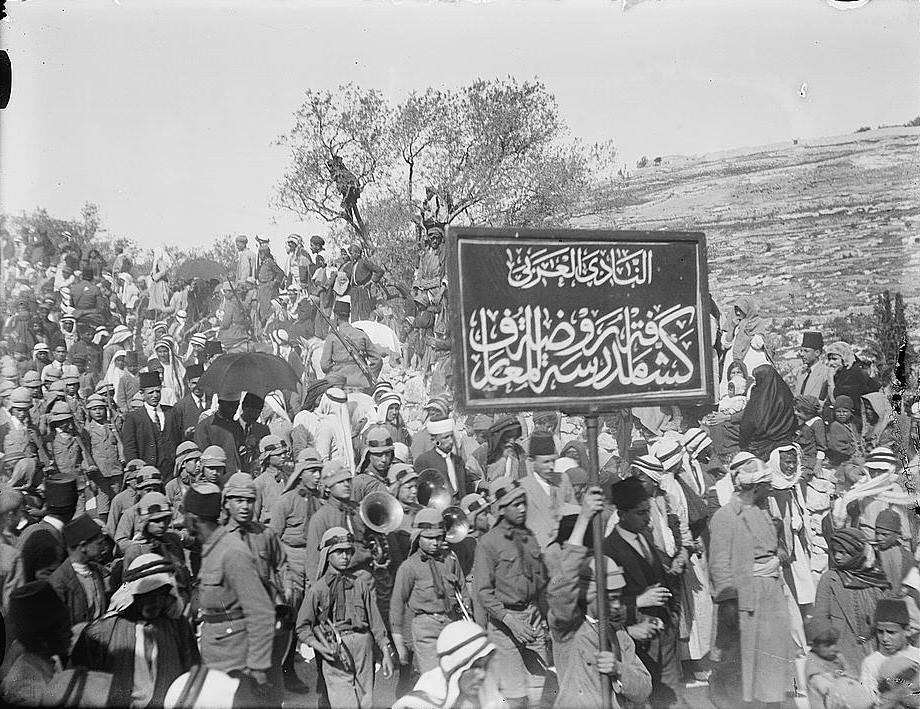 1917 Arab Participation in World War I and T.E. Lawrence (e.g. Lawrence of Arabia) of Arabia
1917 Arab Participation in World War I and T.E. Lawrence (e.g. Lawrence of Arabia) of Arabia
Lawrence of Arabia reported to a friend about an attack on a Turkish troop train, he wrote, “I hope this sounds the fun it is … It’s the most amateurishly Buffalo-Billy sort of performance,” and Arabia is a “foreign stage on which one plays day and night, in fancy dress, in a strange language…. The whole thing is such a play, and one cannot put conviction into one’s daydreams.”
“’In a madness born of the horror of Tafas,’ Lawrence wrote, ‘we killed and killed, even blowing in the heads of the fallen and of the animals; as though their death and running blood could slake our agony.’”
Source: New York Sun “Arabian Knights” February 20, 2008
“While the Arabs of the Hedjaz and their Bedouin allies rendered great services to the cause of the Entente, those of Syria and Palestine remained passive or aided the Turks.
Most annoying, to anyone who has served with the British and the Sherifian Arab forces in the Palestine campaign and knows something of the history of that campaign, are the pretensions of the Arabs of Palestine to have rendered important military services to the Allies in the Great War.”
Source: “The land of Three Faiths” By Philip Graves (London 1923,) (pp.40, 112-113)
1918 Arabs Participation in World War I
In 1918 we conquered Palestine and set up a military administration to govern the country, which took it over as we conquered it. In that conquest of Palestine we were assisted by Arab forces under Arab leaders, who had rebelled against their ruler, our enemy, the Turk. The assistance of these Arabs helped us a great deal, but we would have succeeded in the end without it. The Arabs of Palestine did not help us. They were voluntarily or forcibly serving the Turk. However, in November 1918, in agreement with the French, we published a declaration to the Arabs that we were concerned to ensure, “by their support and by adequate assistance, the regular working of governments and administrations freely chosen by the populations themselves.” We suffer from too many declarations. They tend to hamper rather than to help rule.
Source: Simpson, H.J. British Rule and Rebellion. Edinburgh and London: William Blackwood & sons ltd., 1937, p. 152-157